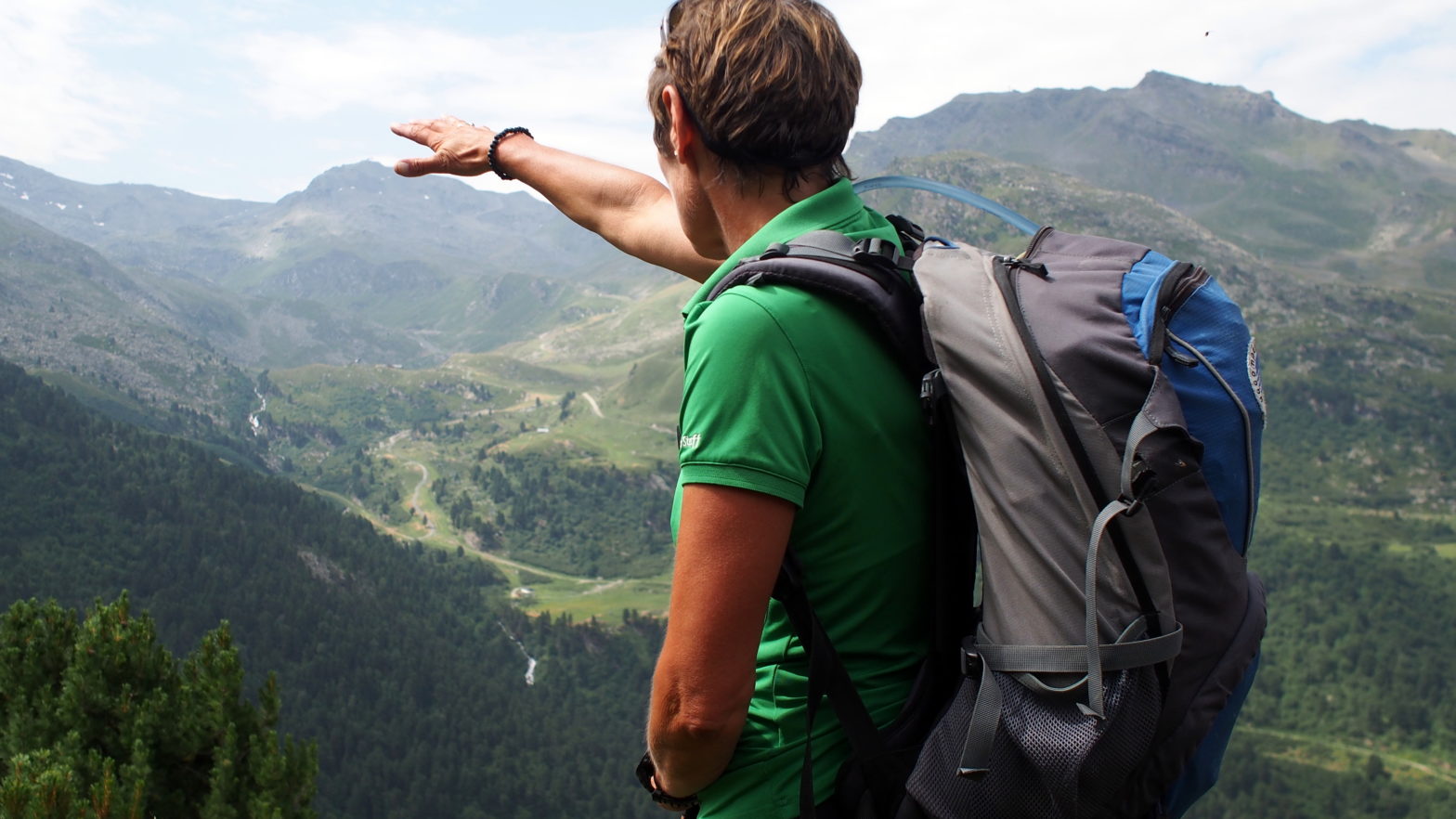Hard to believe that it has been 12 months since these 3 ideas shifted my mindset and sent me down a path of deliberate self exploration:
- Your relationship with yourself is the most important of your life. Why are you using other’s level of self-awareness as a barometer?
- Don’t you wish you knew what you’re truly passionate about? You would operate at an entirely different level if you identified that passion.
- Learning can be accelerated. You don’t have to learn about yourself or your passions at the rate of your own experience.
It’s amazing to reflect back on all of the change (both obvious and invisible to the naked eye) that has occurred as a result of this ongoing process. New career direction, new city, new habits, new level of self acceptance and new learning tools just to name a few. While I’ve mentioned aspects of these changes in various posts (city, habits, learning tools), I haven’t clearly drawn a line between the process and these decisions.
One of the most obvious shifts is what I’m paid to do. After almost 15 years in product development, I am no longer responsible for the design of things. You could argue that I’ve always applied design to experiences, interactions, processes and services. However, these efforts have always been secondary to the companies’ goals of producing something physical – be it a shoe, robot or solar grill. In October I joined Anthemis, an extremely forward thinking venture investment firm that incorporates design into their methodologies but doesn’t design anything physical. Now 100% of my efforts at work go towards applying design to intangible things: communication, programmes, workshops and ventures.
How did I come to this decision? The personal history timeline helped me identify a pattern of pro-actively seeking opportunities to craft experiences and facilitate interactions that goes back over 20 years. The “in the flow” exercise also reinforced this trend because respondents repeatedly commented on my successful efforts to bring people together, regardless of how long they’d known me. Jobs that represented the next linear career step didn’t generate any excitement. Reflecting on my reaction to these opportunities further confirmed that the path I was on no longer fit. Perhaps all of this seems obvious, but somehow I never manage to frame it for myself in this light until recently. My friend colorfully described the opportunity at Anthemis as a buffet. Here I am paid to apply design in a countless variety of ways, almost all of which never become physical. Now I have the opportunity to further explore where my interests and skills intersect.
In How to find work you love, Scott Dinsmore talks about how self-awareness, understanding values and experiences all help identify meaningful work. Through these processes and regular self reflection I am gathering data points in all three areas and able to explain what I’m truly passionate about with increasing clarity.
